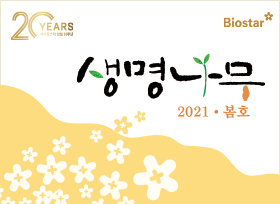Adipose-derived stem cell-containing hyaluronic acid/alginate hydrogel improves vocal fold wound healing
OBJECTIVES/HYPOTHESIS: The purpose of this study was to investigate the regenerative efficacy of an injectable hyaluronic acid/mildly cross-linked alginate hydrogel (HA/ALG hydrogel) containing human adipose-derived mesenchymal stem cells (hAdMSCs) for vocal fold (VF) wound healing.
STUDY DESIGN: Animal research.
METHODS: HA/ALG hydrogel containing hAdMSCs was injected into the VFs of rabbits immediately after direct injury. Endoscopic evaluations were performed at 1 and 3 months after injury, and functional evaluations of mucosal vibration and viscoelastic properties were carried out posteuthanization at 3 months after injury. Histopathologic and immunohistochemical evaluations of extracellular matrix (ECM) components and of hepatocyte growth factor (HGF) activity were conducted in injured VFs. The engraftment of implanted hAdMSCs was investigated by detecting fluorescent-labeled cells.
RESULTS: The administration of hAdMSCs and hAdMSCs in HA/ALG hydrogel produced better macroscopic morphologies than the injection of phosphate-buffered saline (PBS). Histologic evaluations revealed that treatment with hAdMSCs in HA/ALG produced more favorable ECM changes than hAdMSC. In particular, the treatment of hAdMSCs in HA/ALG hydrogel ameliorated excessive deposition of collagen type I and increased HGF activity in regenerating VFs. hAdMSCs in HA/ALG-treated VFs also exhibited functional improvements in viscoelastic properties. hAdMSCs in HA/ALG remained viable in recipient VFs at 1 month after transplantation, and some were observed to be fostered to differentiate into fibroblasts.
CONCLUSIONS: The findings of the present study suggest that HA/ALG hydrogel is a promising biomaterial for prolonging the retention time of stem cells in VFs and for promotion of VF wound healing.




Leave a reply